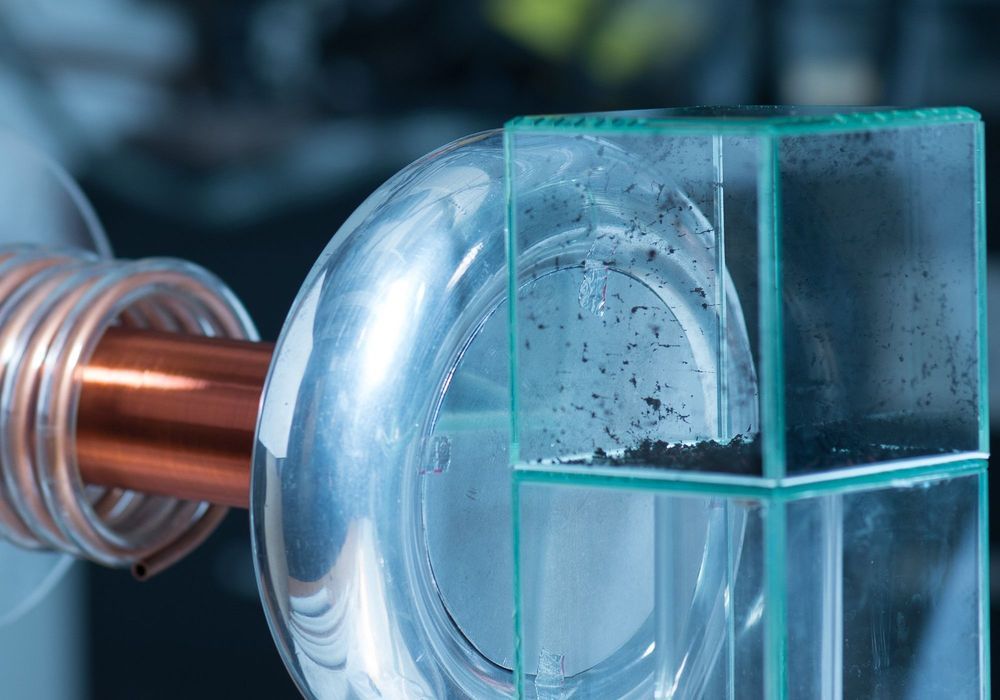Circa 2016
Not all important scientific research is cool looking, or has a cool name. But now and then you get something with both. These self-assembling carbon nanotubes are created with a process called Teslaphoresis. If you’ve read a more impressive-sounding sentence today, I’d like to hear it.
Even the lab of Rice University chemist Paul Cherukuri looks like a proper mad scientist’s lair. But don’t let the flashy trappings fool you: this is a very significant development.
Nanotubes are one of these carbon supermaterials that, like graphene, are full of interesting properties and theoretical applications but — again like graphene — are difficult to manufacture cheaply and reliably. This new method could be a breakthrough in the creation of the ultra-thin, ultra-strong, and ultra-conductive carbon nanowires.










Comments are closed.